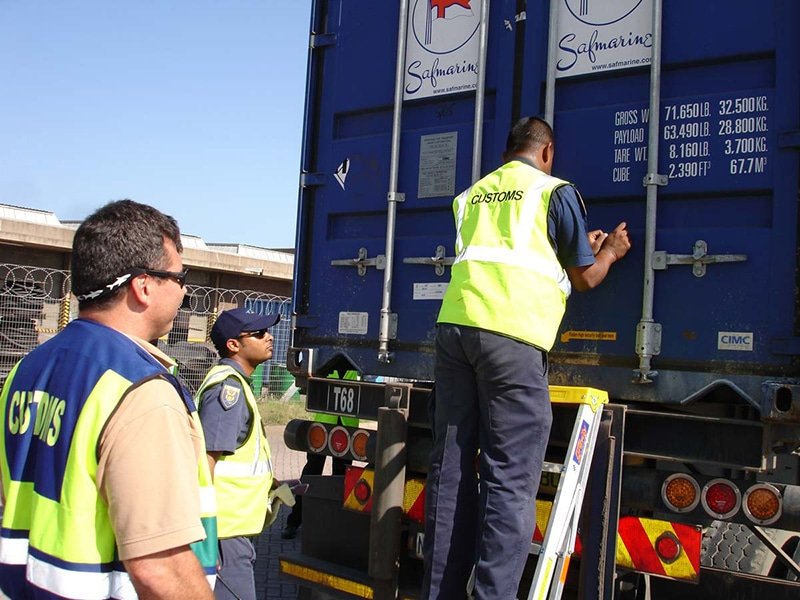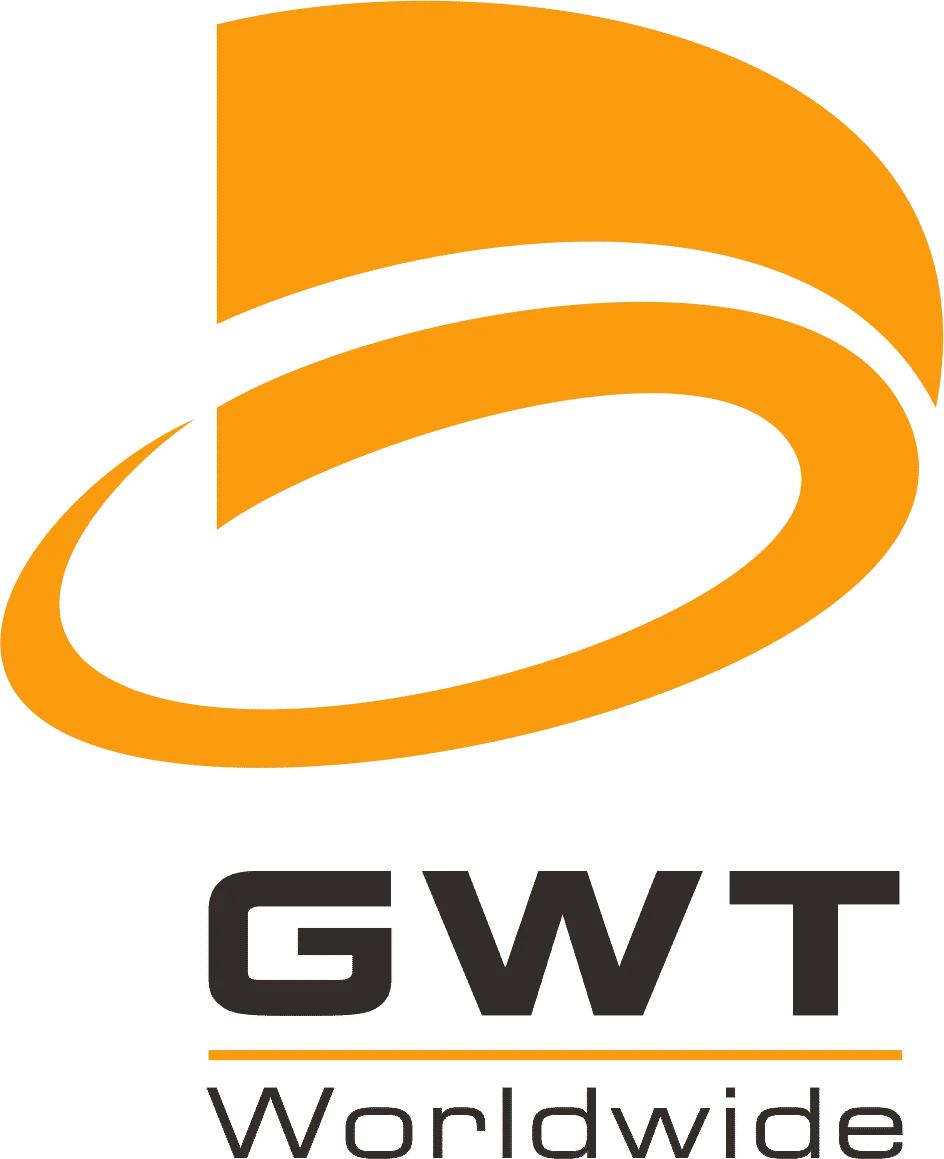
Introduction: Why Customs Clearance Matters
In today’s global economy, seamless international trade depends heavily on efficient customs clearance. For businesses importing from China to Malaysia, customs procedures are a pivotal part of the supply chain. Mistakes or delays at this stage can lead to significant losses in time, money, and customer trust.
At Công ty TNHH Vận tải hàng hóa quốc tế Shenzhen Guanwutong, we specialize in simplifying complex import procedures, offering our clients end-to-end logistics support — including expert customs clearance services in Malaysia.
Malaysia’s Customs Landscape: Who Oversees It
Malaysia’s import regulations are managed by the Royal Malaysian Customs Department (RMCD). Their role includes:
- Assessing duties and taxes
- Ensuring legal compliance of imports
- Conducting inspections and audits
- Enforcing restrictions and prohibitions
RMCD operates under Malaysia’s Customs Act 1967, and all importers must comply with these regulations to avoid penalties or clearance delays.
Required Documents for Importing into Malaysia
To ensure smooth customs clearance, the following documents are typically required:
- K1 Form – Malaysian import declaration form
- Commercial Invoice – Detailing product value, HS codes, quantity, currency
- Packing List – Describing packaging, dimensions, and weight
- Bill of Lading / Air Waybill – Proof of transport
- Import Licenses or Permits – For restricted items (e.g., electronics, food)
- Certificate of Origin – Especially when applying for tariff exemptions under trade agreements (e.g., ASEAN-China FTA)
💡 Guanwutong Tip: Incomplete or inaccurate documents are the number one cause of customs delays. We pre-screen all documents for accuracy before submission.
Malaysia’s Customs Clearance Procedure (Step-by-Step)
Step 1: Import Declaration
Guanwutong’s in-house agents prepare the K1 declaration and submit it via Malaysia’s uCustoms or SMK system. This e-filing step triggers the start of the customs clearance process.
Step 2: Customs Assessment
RMCD evaluates the declaration and assigns a clearance status:
- Green lane: Automatic release
- Yellow lane: Document review required
- Red lane: Physical inspection of goods
Step 3: Payment of Duties and Taxes
Customs duties in Malaysia vary by product category (generally 5–30%) and are based on CIF value (Cost + Insurance + Freight). SST (Sales and Service Tax) is also applied to specific items.
Step 4: Inspection (if applicable)
For red-lane shipments, customs officers physically inspect the goods to verify compliance with declared specifications.
Step 5: Release of Cargo
Once all duties are paid and inspections are passed, RMCD issues a clearance notice. The shipment can then be delivered to the consignee’s warehouse or destination.
Common Mistakes to Avoid in Malaysian Customs
- Incorrect HS codes, resulting in overpayment or fines
- Incomplete K1 form or supporting documents
- Misdeclared values to avoid tax, which can trigger audits
- Attempting to import restricted goods without proper licenses
- Ignoring SIRIM or MAQIS approval for regulated goods (e.g., electronics, agricultural products)
✅ Guanwutong Solution: We offer pre-declaration audits and regulatory consulting to prevent errors that lead to delays or penalties.
Special Clearance Procedures (PAP & AEO)
Pre-Arrival Processing (PAP)
PAP allows the importer to submit documents and pay duties before cargo arrives at the port or airport. This results in faster clearance — often within 24 hours of arrival.
AEO-Certified Clearance
For clients with Authorized Economic Operator (AEO) status, Guanwutong helps coordinate priority clearance and reduced inspection rates. This is especially valuable for high-volume importers.
Restricted and Prohibited Imports
Malaysia maintains a list of prohibited and restricted items. Examples include:
- Controlled drugs
- Firearms
- Pirated goods
- Certain chemicals
- Used electrical equipment (needs SIRIM approval)
Always consult with a customs broker before importing any non-standard products.
Guanwutong’s DDP Customs Clearance Advantage
As part of our DDP (Delivered Duty Paid) solutions, we provide:
- Customs brokerage in both China and Malaysia
- K1 form preparation
- HS code classification
- Tax calculation and pre-payment
- Document compliance checks
- Local delivery to warehouse or fulfillment center
📦 Case Study:
A client importing skincare products from Guangzhou faced clearance issues due to incorrect HS codes and missing MAQIS permits. Our team corrected the documents, applied for the proper permits, and resubmitted — clearing the shipment within 48 hours.
Top Tips to Ensure a Smooth Clearance
- Use experienced freight forwarders familiar with RMCD regulations
- Submit documents at least 48 hours before cargo arrival
- Double-check HS codes and item descriptions
- Avoid under-declaring value (RMCD audits random shipments)
- Opt for DDP when in doubt — Guanwutong handles everything for you
Why Choose Shenzhen Guanwutong for Malaysia Import Clearance
With over a decade of experience in international logistics and customs brokerage, Guanwutong is your ideal partner for China–Malaysia trade. We provide:
- 24/7 support in Mandarin, English, and Malay
- End-to-end compliance checks
- Fast-track clearance with PAP & AEO networks
- Competitive rates with no hidden fees
- Integrated shipping + customs + delivery packages
Phần kết luận
Navigating Malaysian customs clearance can seem daunting, but with the right partner, it becomes a streamlined, manageable process. Shenzhen Guanwutong International Freight Forwarding Co.,Ltd. offers the expertise, technology, and local partnerships to ensure your imports from China arrive on time, every time.Liên hệ với chúng tôi today to get a free quote or customized DDP clearance plan for your next shipment.
